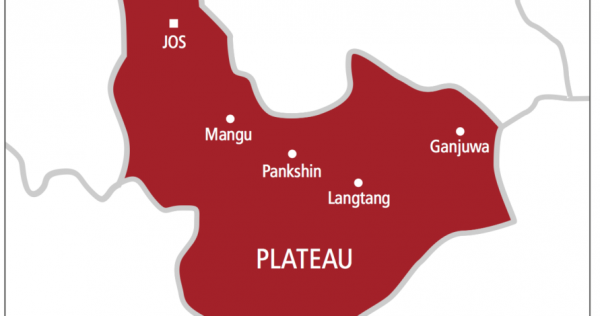Rev. Obed Dashan, the Vice President, Church of Christ in Nations, said on Tuesday that the church in Plateau State had no preferred candidate in the March 9 Governorship and House of Assembly elections.
Dashan made this known in Jos at a one-day dialogue with critical stakeholders on the Prevention of Election Violence.
The dialogue was organised by the Plateau Peace Building Agency.
The vice president said reports making the rounds that the church had adopted a particular candidate in the governorship election in the state were not true.

Dashan, who described such reports as malicious and misleading, said the church remained an umbrella for all candidates.
He said: “There have been erroneous reports making the rounds that COCIN has adopted a candidate in the forthcoming governorship elections in Plateau.
“As a church, we do not have a preferred candidate in the forthcoming polls, and anybody saying so, is not speaking for COCIN.
“Our members are spread across all political parties and as parents we cannot choose one candidate against another.
“The Constitution provides for all eligible persons to contest and since the church operates within the laws of the land, we do not have the powers to deny anybody the right to contest
“All we can do is to advice our members to vote wisely; to vote those who will work to better the lots of the people”
Dashan also advised stakeholders at the meeting, and Plateau State residents, particularly in Jos North, to conduct themselves responsibly to enable the Independent National Electoral Commission conduct peaceful, free and fair polls.
On his part, Da Yakubu Changman, the Attah Atten of Ganawuri in Riyom Local Government Area of the state, urged INEC to be neutral and transparent in the electoral process.
According to him, this is critical because interference in the electoral process by electoral officials could lead to violence.
Changman also urged the electoral body to ensure timely arrival of its officials and election materials to ensure early commencement of voting.
Religious and traditional leaders, representatives of political parties, media, security agencies and Civil Society Organisations participated in the dialogue.


